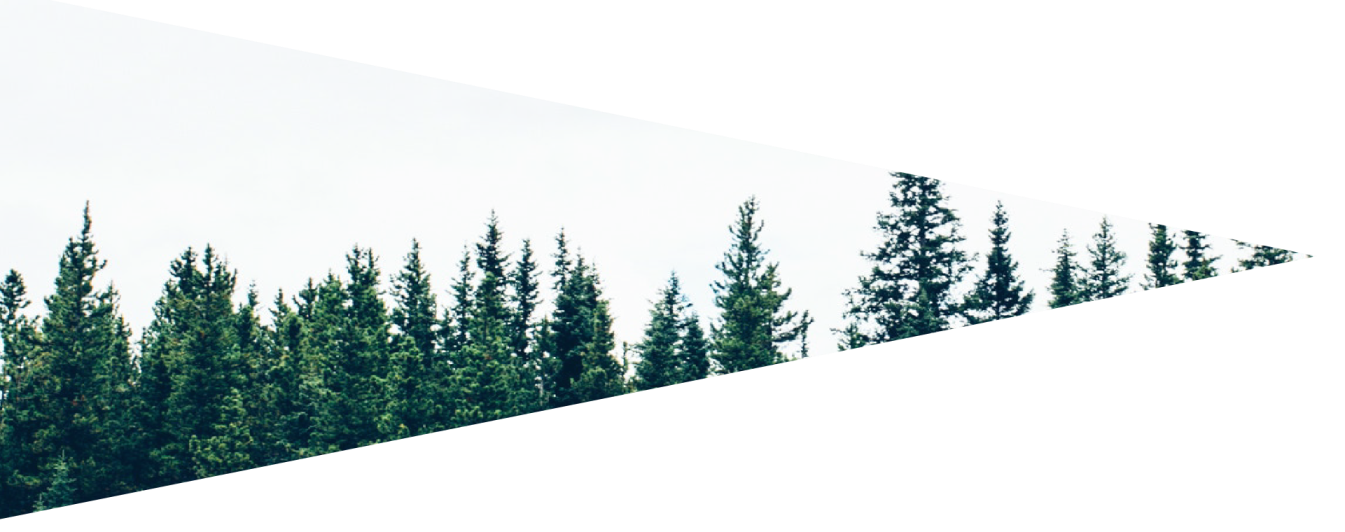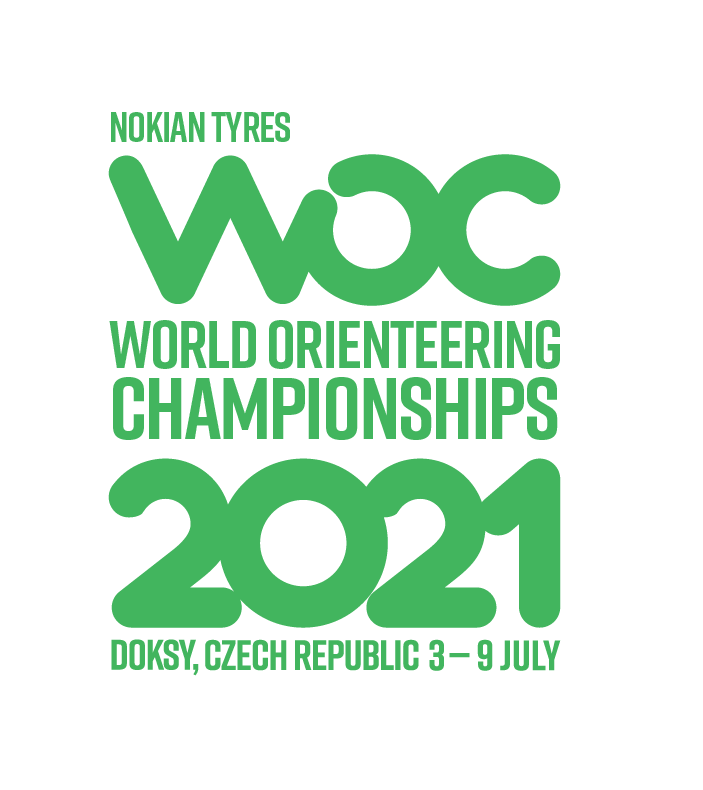Take a few calm moments before the WOC 2021 start and read about the key factors from the best
Road to WOC Disciplines
Many of you have been following WOC 2021 on WOC Instagram. Therefore, you have probably noticed the serial called WOC Disciplines that was published last week. Let’s dive into this topic more. On the schedule of WOC 2021, there are 5 disciplines in total. Moreover, there is a qualification race in the Sprint venue and in the Middle distance. This article brings you final tips and motivational quotes from experts in disciplines.
Motivational quotes
Judith
„Motivation is my past work I’ve done, whole work you put in a goal. It helps me to come back and to feel that I need to fight. This is the same thing as having pleasure or having fun to také a sport as a game. It helps me to be cool and calm and go forward.”
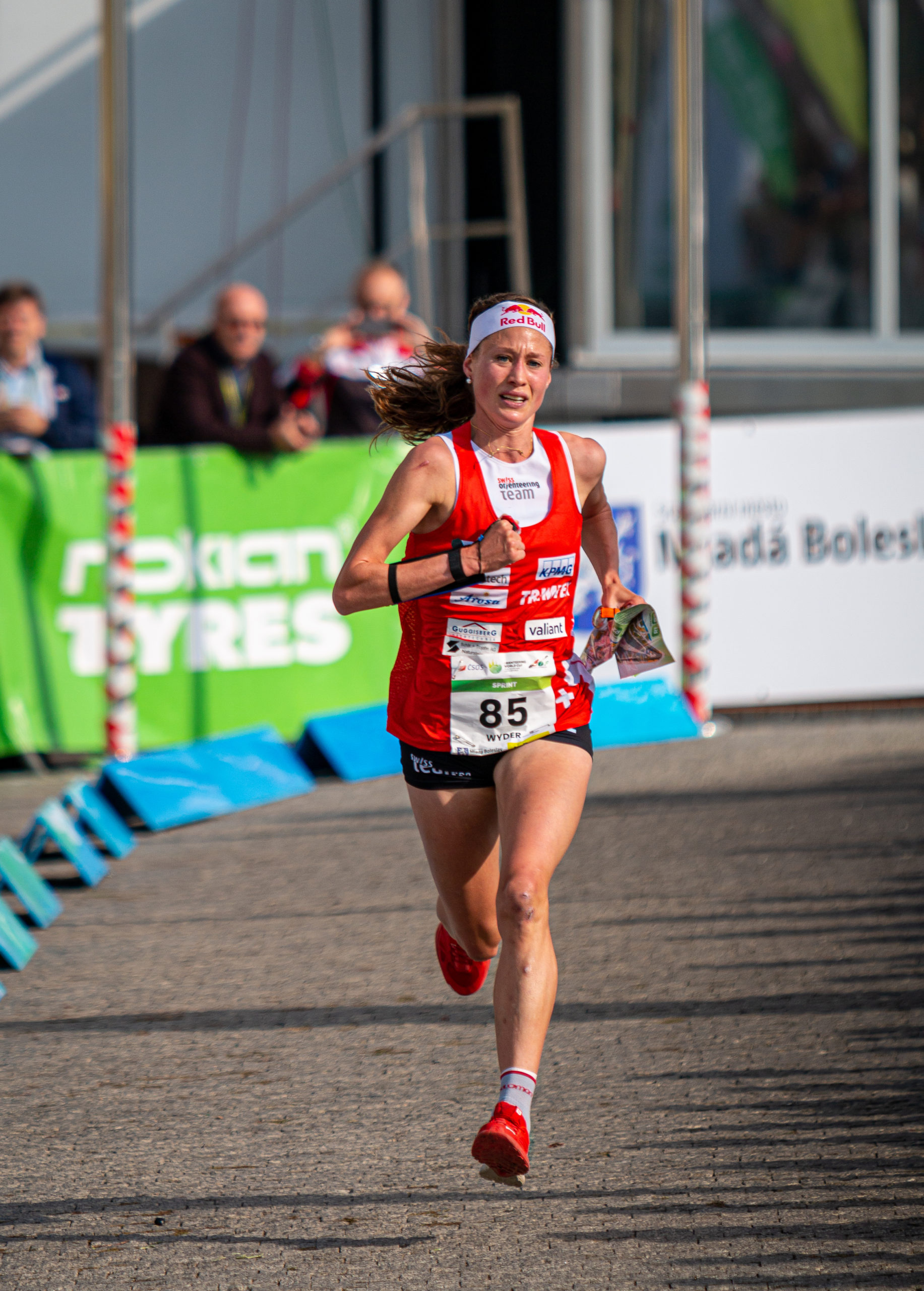
Jonas
“I don’t have one. I ask myself why I am doing this and take a minute to think about my goals. That often gets me back on track.”

Oystein
“If you start training you never regret, even if it can feel hard to go out.”
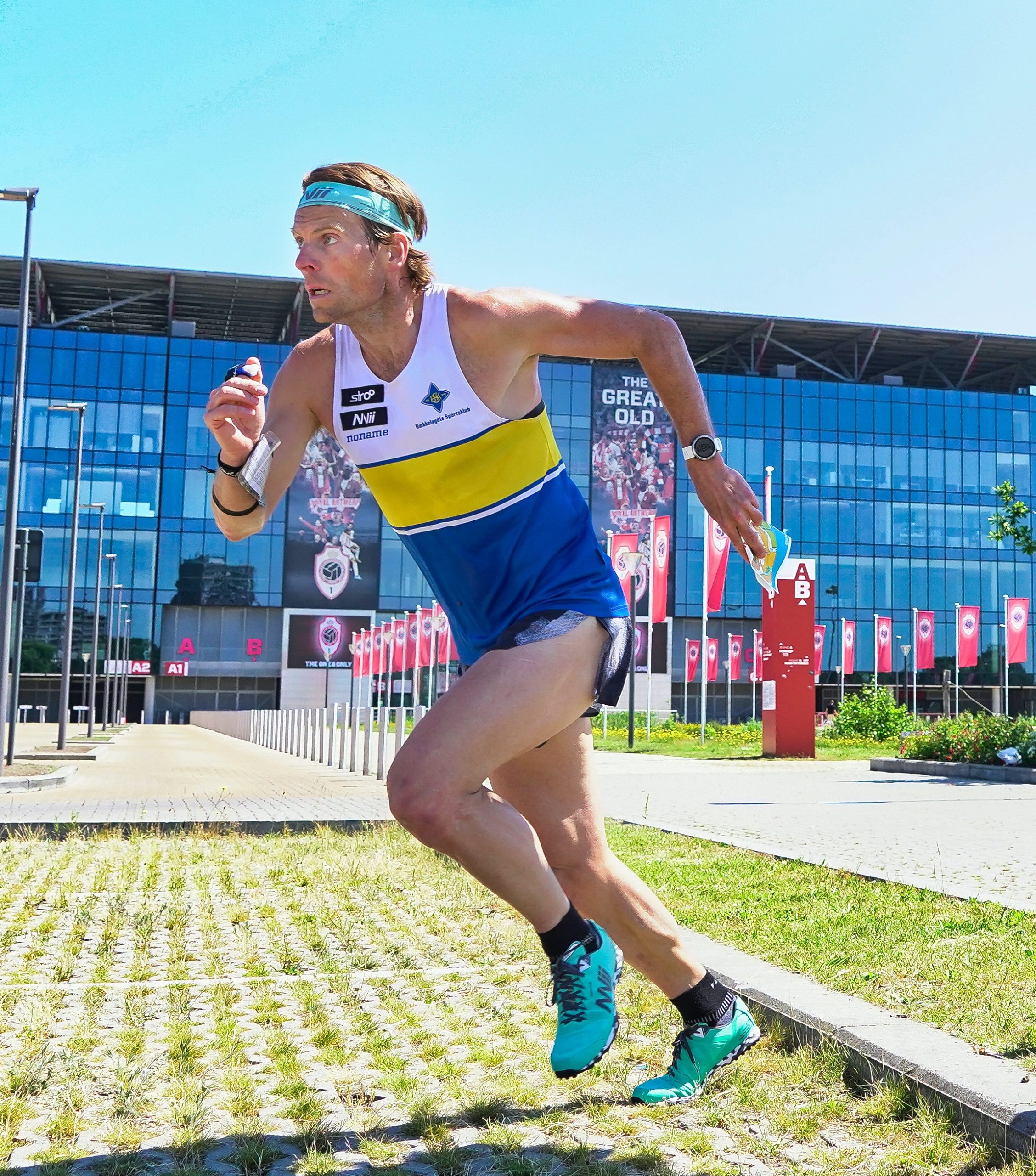
Thierry
“…The one I learnt from my many trips in Joensuu, Finland: “If you think you are too small to make a difference, try sleeping with a mosquito”?! But yeah, the one I had printed on my wall when I was younger was that one: “If you can dream it, you can do it” as mental preparation has always been the highest priority in my elite career.”
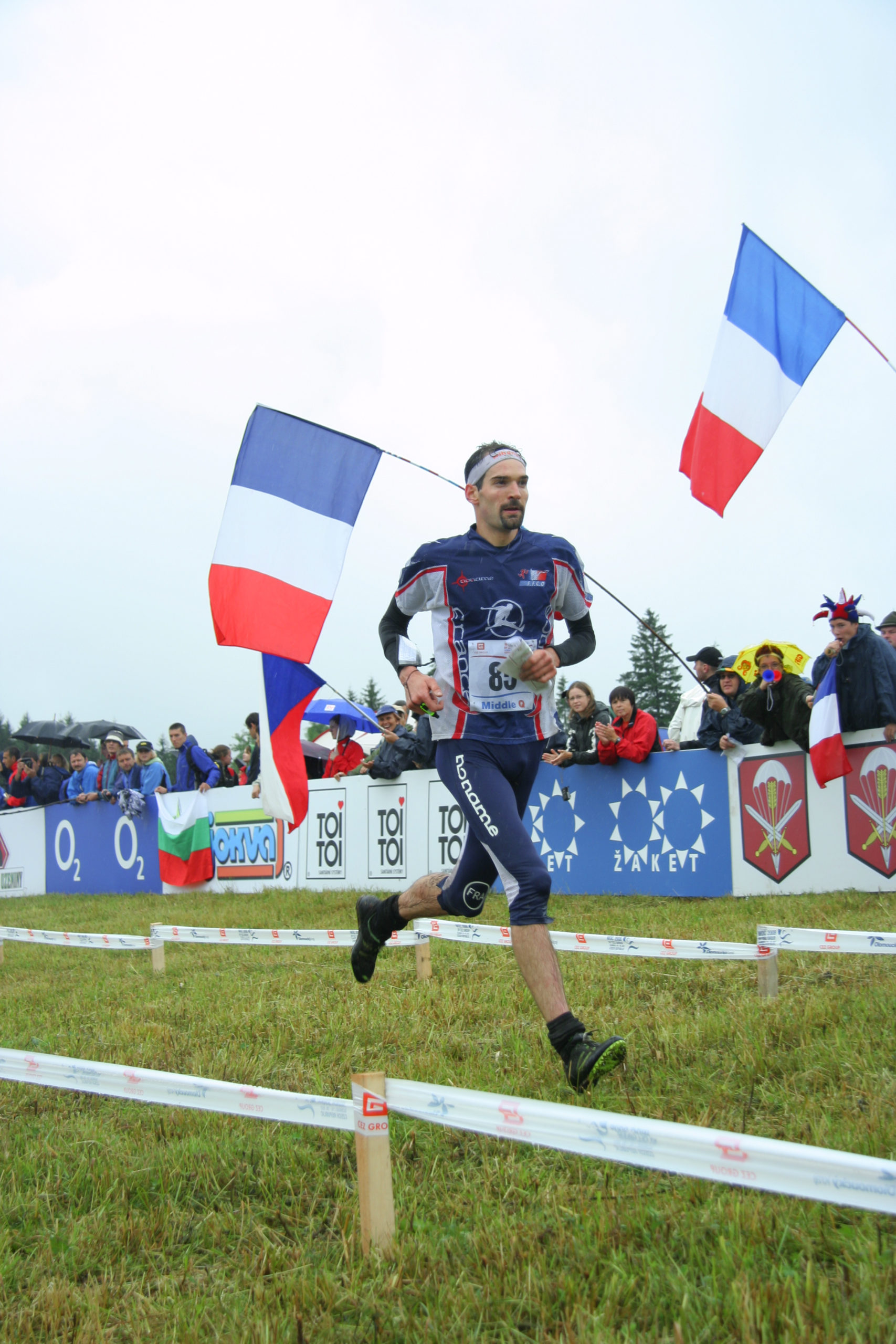
Tomáš
„Do not be lazy. Extraordinary moments do not spring from ordinary performance. It might be painful. You want to succeed and you are happy that it’s not a matter of surviving but something that makes you joyful! To overcome a crisis brings me the best satisfaction. Then I set off knowing I will not regret it!
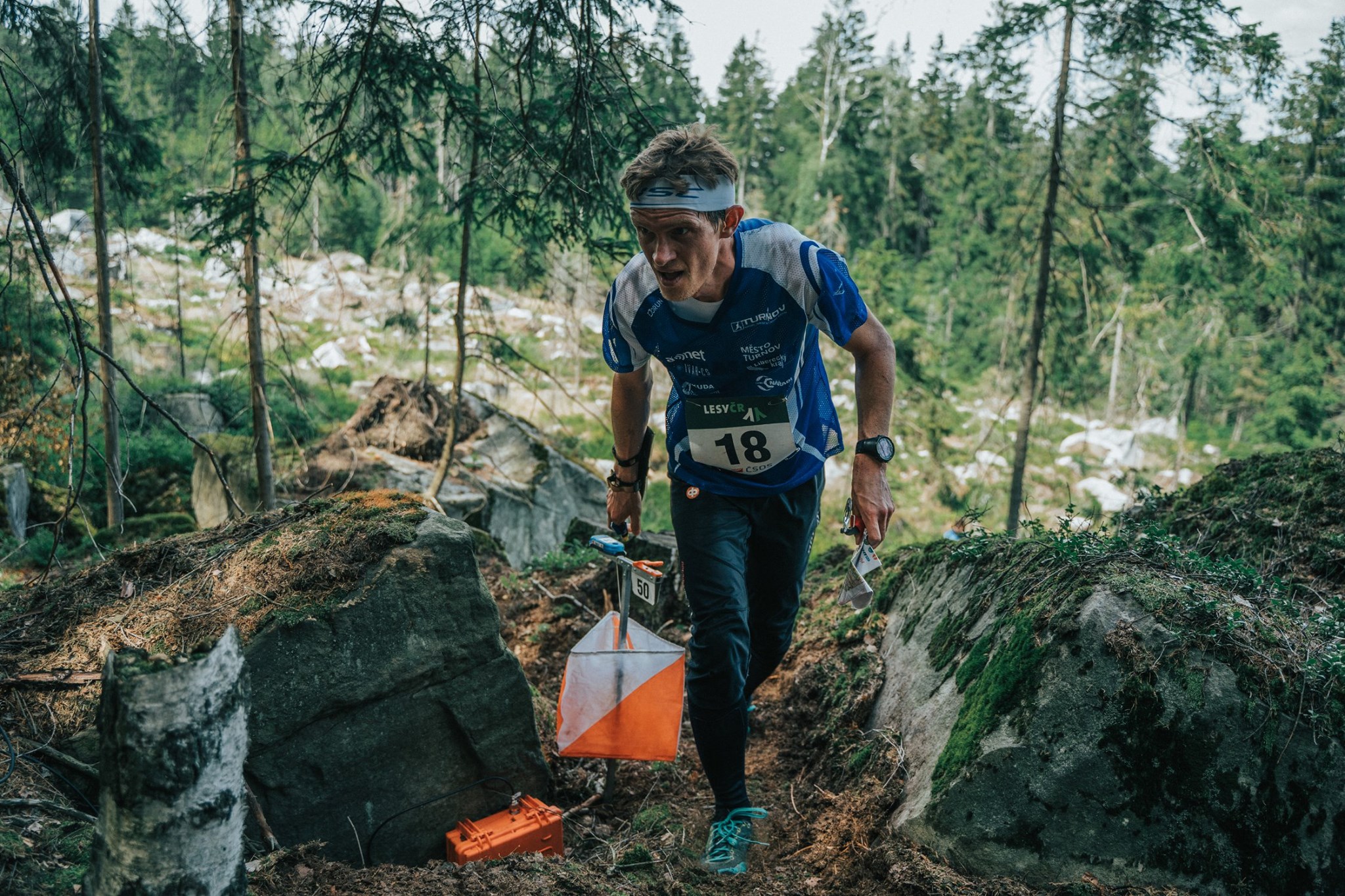
Dana
“Never give up! – nikdy se nevzdávej! You never know how the race will continue. Even though you do not feel confident in the end it can be a great success!”
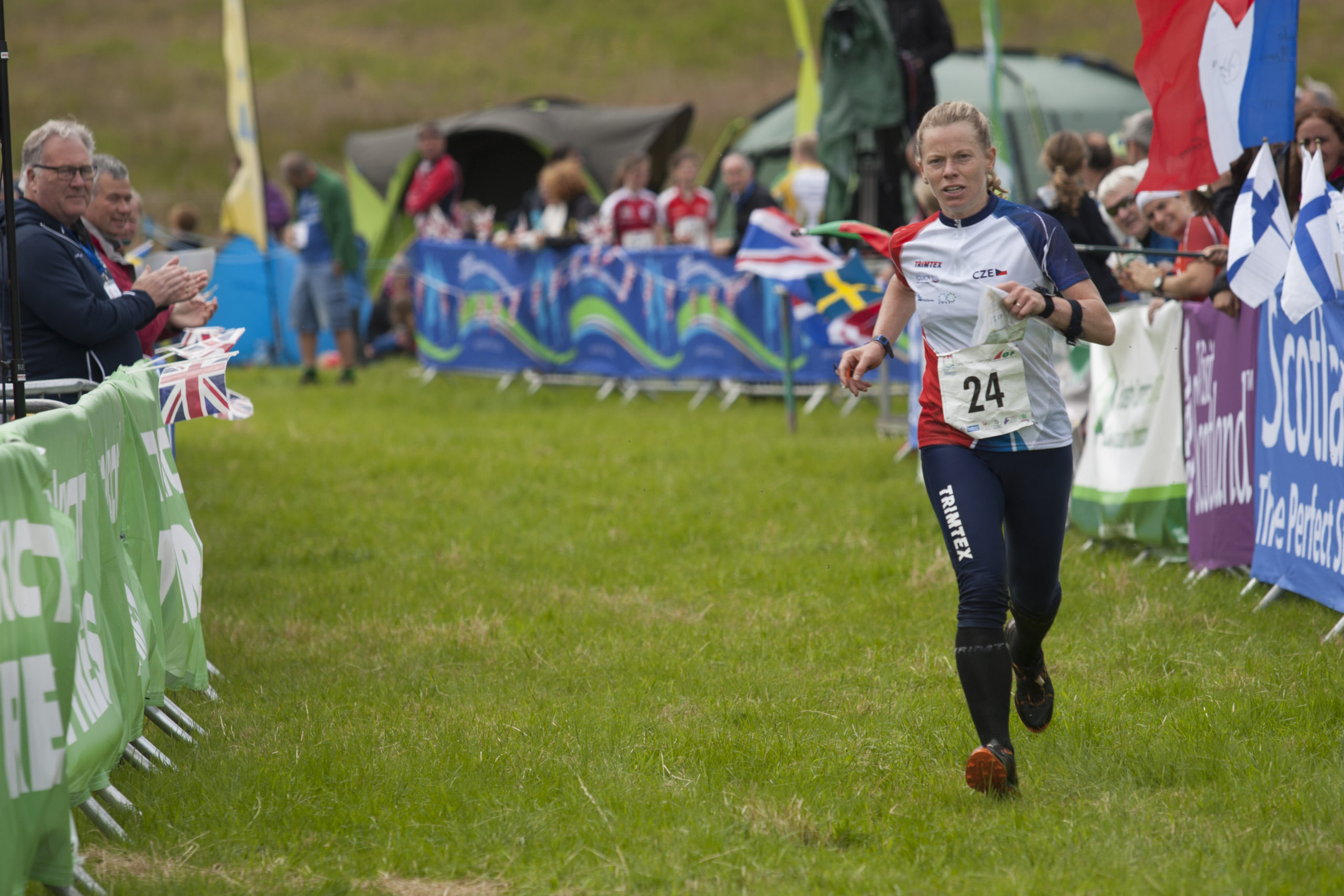
Sprint, 3. 7. Terezín
All it begins with the fast Sprint located to Terezín in the afternoon on 3. 7. As you know, Terezín is an ancient city surrounded by fortification and almost flat surfaces. This city is well-known for its complicated history connected with WWII. which should be mentioned. The fort’s military fortress area promises fast flat terrain, high walls even up to 10 metres high, moats and water streams. The surface is grass, paved roads but outside the fortress, there is a small forest of a golf area. Regarding the schedule, in the beginning, there is a qualification round with cca 3 km long track for women and 3,6 km for men. Fifteen fastest in both W and M will then be challenged in finals. The winner is expected to complete the 3,5 km (W), respectively 3,9 km (M) course in 14 minutes.
For the sprint, there is expertise by Judith Wyder. Judith is a strong Swiss competitor, hill runner, she enjoyed technical and fast runs. She won 12 WOC medals and has a total medal collection of sprint distance. She won gold in 2014, silver in 2016 and bronze in 2018 in the sprint. Besides orienteering, she is fond of trail running.
“In the sprint, it is cool that you do not know where exactly the course is coming and you have to be prepared for all, for spectators! It is about execution and choice, I love to run technical races, to run in technical cities, that is wonderful!”
Three tips by Judith: “Be prepared for difficult route choices within the fort. Everybody is nervous, it is even more demanding to push hard. Keep calm. Never give up and continue fight until the end!”
Sprint Relay, 4. 7. Doksy
The second race in a row is a mixed-gender Sprint Relay scheduled on 4. 7.. There are four legs, started and finished by women (W-M-M-W). This type of race is quite new, it was added to the WOC in 2014. Sprint relay will be held in Doksy, city-centre of WOC. The winning times will be close to 61 minutes with the women’s leg of 3,7 km long and the men’s leg of 4,3 km. The area of Doksy contains, apart from several steep hills by the river, subtle hills, paved streets, grass in parks with a good runnability and visibility.
For the Sprint relay expertise, Oystein Osterbo (NOR) and Jonas Leandersson (SWE) revealed useful tips. Oystein is a Norweigian orienteerer. Regarding the Sprint relay he won the silver medal in Scotland (2014), later on, in Latvia it was the 4. place. Oystein comments on the sprint relays as follows
“I enjoy sprint relay, and think it’s easier to be focused and push hard compared to individual racing. It’s hard if you get a longer forking, and loose contact with other runners, that you maybe also feel have a higher running speed than you. But it’s important to anyway pick the route choice fastest for your forking, and keep pushing to tighten the gap. (If you have a short forking and get a gap you should also aim for continuing being in front.)”
Moreover, there are 3 tips by Oystein for Sprint relay: Stay calm in the beginning of the course, and pick the fastest/shortest routes. Be aware of barriers you can’t pass, like walls and artificial fences. Be prepared to push hard when you get tired, and use the other runners to keep up the pace.
Jonas won 4 gold medals on WOC, 2of them in the sprint relay. Besides, in the final round of the World Cup in 2018 he won the sprint and had succeeded in the sprint relay as well (silver medal for the Swedish team). He commented on the Sprint relay race held in Prague in Petřín area: “I just remember my mistake on control number 7. I didn’t stay in the moment and were reading the map ahead. I learned that a sprint relay in forest with hilly slopes could be tricky with the map scale of 1:4000. It felt like I lost the feeling of distances.“ When Jonas thought about possible difficulties in the sprint relay, his response included “…To stay cool in every decision you make and being able to take that extra second when you need to.”
Middle, 6. 7. Smržovka
After a day break there comes the technical and strategic middle distance. The middle is scheduled on 6. 7. in Smržovka. There will be two races – qualification and finals. Whereas in qualification the course is 3,5 km long, 4km respectively (M), in finals there is 4,5 km, 5,4 km respectively. Competitors should expect “challenging mountain terrain with the broken ground, partly marshy”. There will be steep physically demanding hills, and often a rocky surface. Ankle taping is a good idea, do not underestimate the terrain.
Expertise for the middle is ruled by Thierry Gueorgiou, nicknamed as the King of orienteering, during his career he won 14 gold medals from WOC (8 in middle). Nowadays, he is a coach in the Swedish orienteering team. In 2008 at WOC in Olomouc he won the middle in Czechia, that he described:
“…Actually, it had a lot of similarities with the race we are preparing now for 2021. The race was in mountains as well, quite far from the event centre and other races of the week, qualification and final the same day, a really old map giving almost no information about the true nature of the terrain. And then it was those almost mysterious words in the terrain description of the bulletin: “[…]in some parts multiple rock and stone elements including a little “city of rocks”.
It is seldom that you get surprises in WOC races, cause the preparation is pushed to the maximum and in the last weeks you have simulated both in reality and in your mind so many scenarios that necessarily the real WOC race is more or less one of them. But this time, it was different, and I can still recall those 5 seconds when I turned the map and saw this big patch of black features. I got thrilled and so excited just by that. It was pretty far from what we had trained for, as it was really the only place like this one in this area. But I was back as a kid in front of his Christmas present.
Technically I feel it was not too different from what we experience when we train for the WOC 2021 middle. You don’t want to end in a situation where you want to relocate, because it can take forever in those greens and stony areas. My strategy was to never lose grip, and I was reading the map intensively. Therefore, I was running slow enough to still be able to get the information from the map and spot them in the terrain. There are no other recipes in those types of areas anyway. “
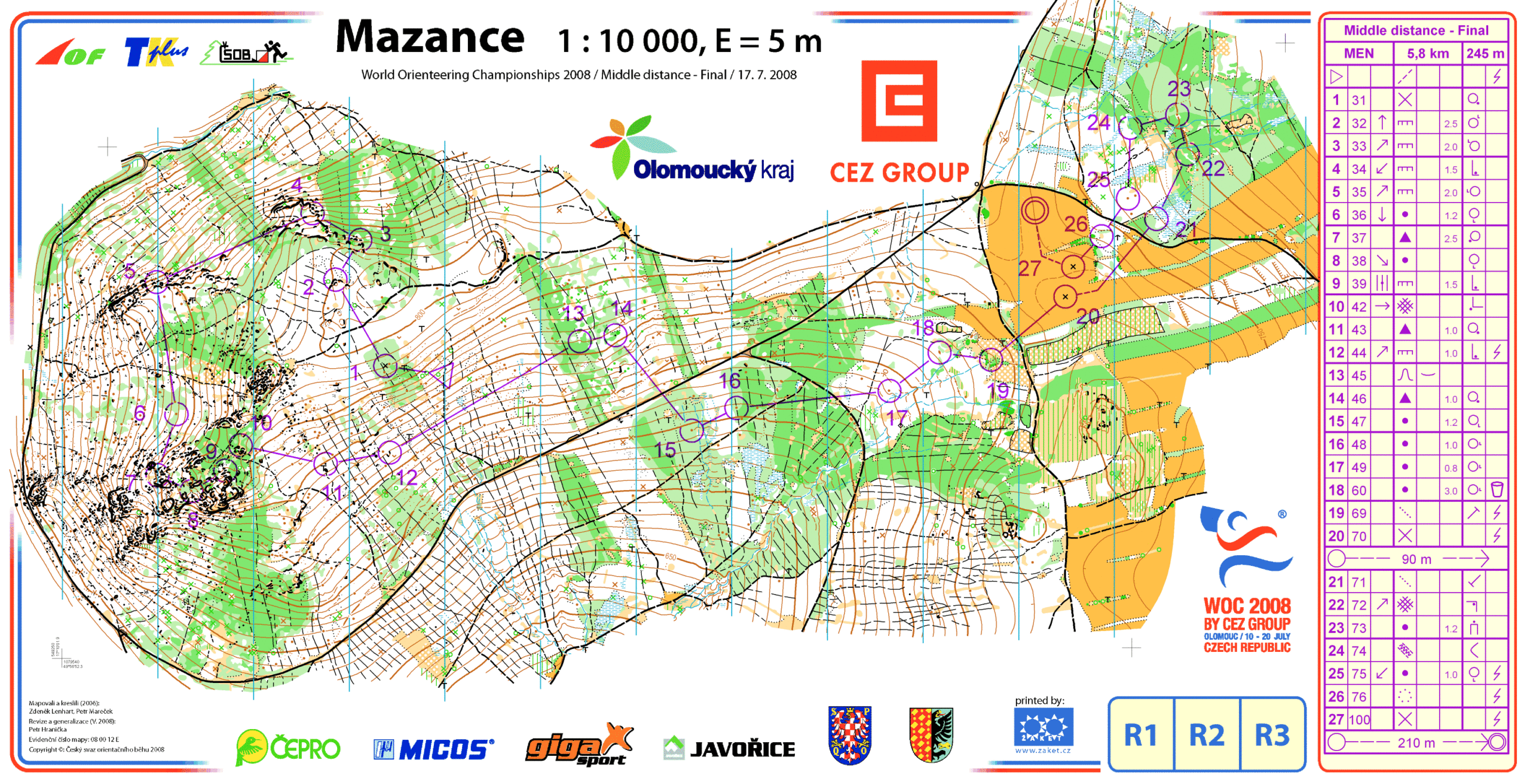
Another question was more related to various victories in his career-> During your career, you had competed in many races but I am wondering if there is any victory or a race where you appreciate your performance the most?
“I have been lucky enough to have a few good ones for sure. But yeah my first win at WOC 2003 middle distance will always be the most special in the way it was a very special terrain in Swiss alps, and I won it with almost 3min with almost all my splits in top3 of every legs. I had shown I could do it at trainings, or in smaller competitions, but to do it when it really mattered was a real breakthrough for me, and just the start of bigger things coming up.”
Relay, 8. 7. Heřmánky, Kokořínsko
Relay with a mass start will be set in the Kokořínsko region. Teams of three will be challenged in legs of 4 m in the case of women, 5 km in case of men per leg. The winning time is estimated to be about 105 minutes. The terrain in the Kokořínsko region is full of steep hills, huge rock formations with reentrants and deep valleys with good runnability in general. An expert for the relay is Tomáš Dlabaja (CZE) who will be also commenting on the television broadcast.
In 2008 Tomáš together with his teammates Jan Šedivý and Jan Procházka reached 4. position on WOC in Olomouc. What would Tomáš point out of this race?
“It was a race that is generally remembered as the one when Thierry Gueorgiou finished the race on a leading position due to a wasp. Similarly, a year later when Martin Johansson give up his lead because of his hurt leg. Those were the years when we dreaming of the medal in the relay so much but this time it was “only” 4. place. I still remember all my route choices there but the thing I would like to point out will be the breathtaking finish. Hundreds of spectators were cheering me, everyone around was supporting us. Very emotional. Therefore, I experienced almost the same feeling as when we became the World champions in relay 4 years later.”
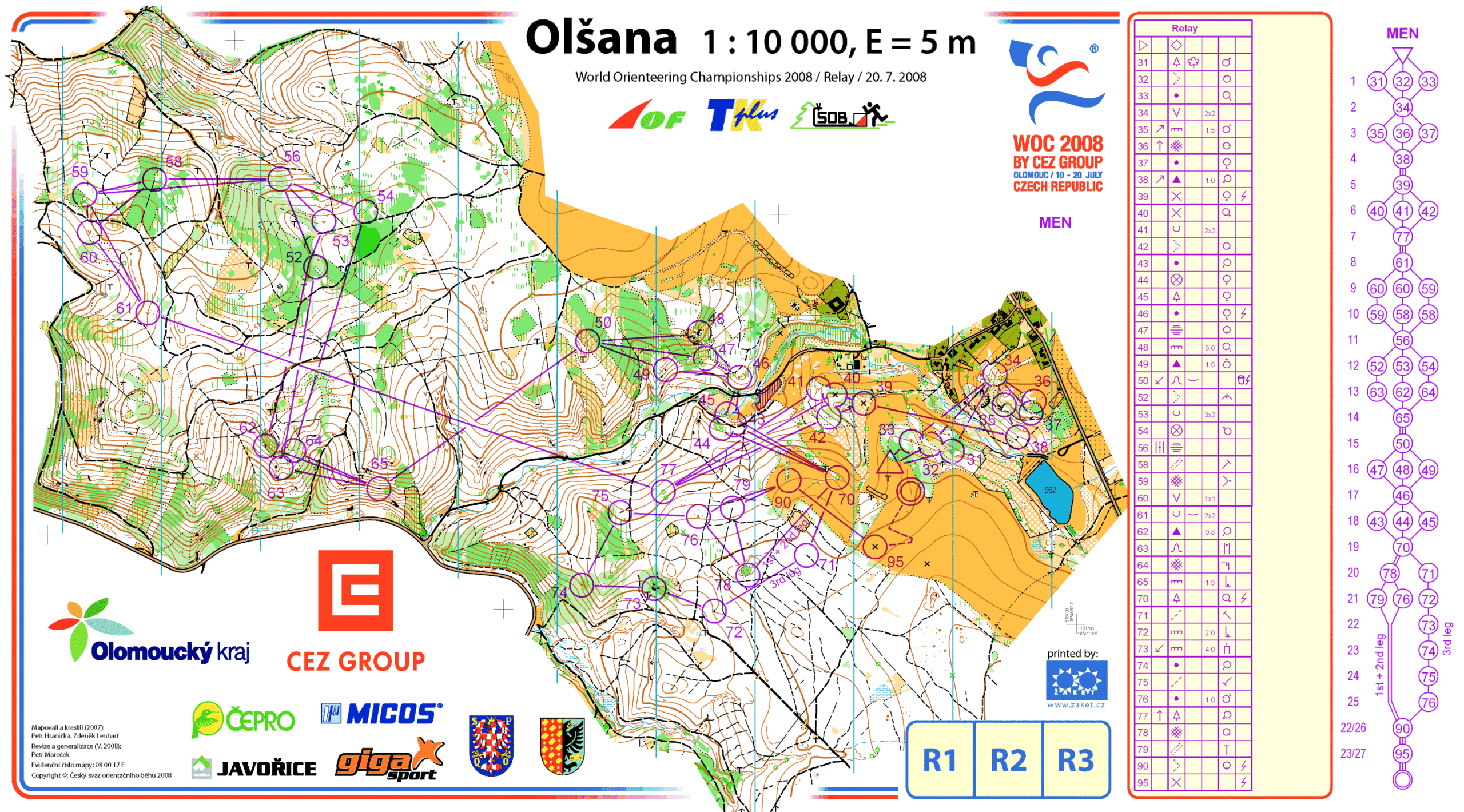
Which leg is your favourite one if it is possible to say that?
“I prefer 2 legs – the first one and third one. Firstly I love the “face to face” kind of race, therefore I said the first leg. It is full of nervosity, the group is pushing hard the limits together and the pressure grows. This must be combined with full concentration on difficulties and variables in forking where you need to take care of “your things”. However, the first leg is not the winning one, you can only lose there. Secondly, it is 3. leg, everything is at stake there. It is the fight of the best starving wolves that fight for the team glory! One second late and it is a loos. There are breathtaking finishes on the raw limits of human abilities. “
Long, 9. 7. Heřmánky, Kokořínsko
The final day belongs to Long which will definitely test runners’ endurance and strength especially while climbing the steep hills between rocky towers and sandstones. Terrain “consists of plenty of valleys and reentrants crowned by massive sandstone rock formations”. Whereas women will be challenged in a 9,5 km long course, in men the situation will be even more challenging with a 13,5 km long leg. The expert opinion provided Dana Šafka Brožková, the world champion in long in 2008 WOC in Olomouc. Firstly, she described the legendary triumph of 2008.
“Regarding that, I became a World champion in this race, I will remember that forever. At first, I was worried about the third control route choice that was hidden in thickness but I found it easily and had a feeling that it would be alright. After the map change at a control no. 9 I glanced at the long choice from 9.-10. and hesitated for a while but I chose the northern approach. To be honest, I believe that all three choices (northern, southern, straight) were equally time-consuming. Finally, the thickness in the final part was not difficult for me. There were always highlights that I could use. One thing I was taking care of was during the choice to 14., 22. and 23. that was in the forest with good runability but there was no secure point that I could be focusing on and running towards it.”
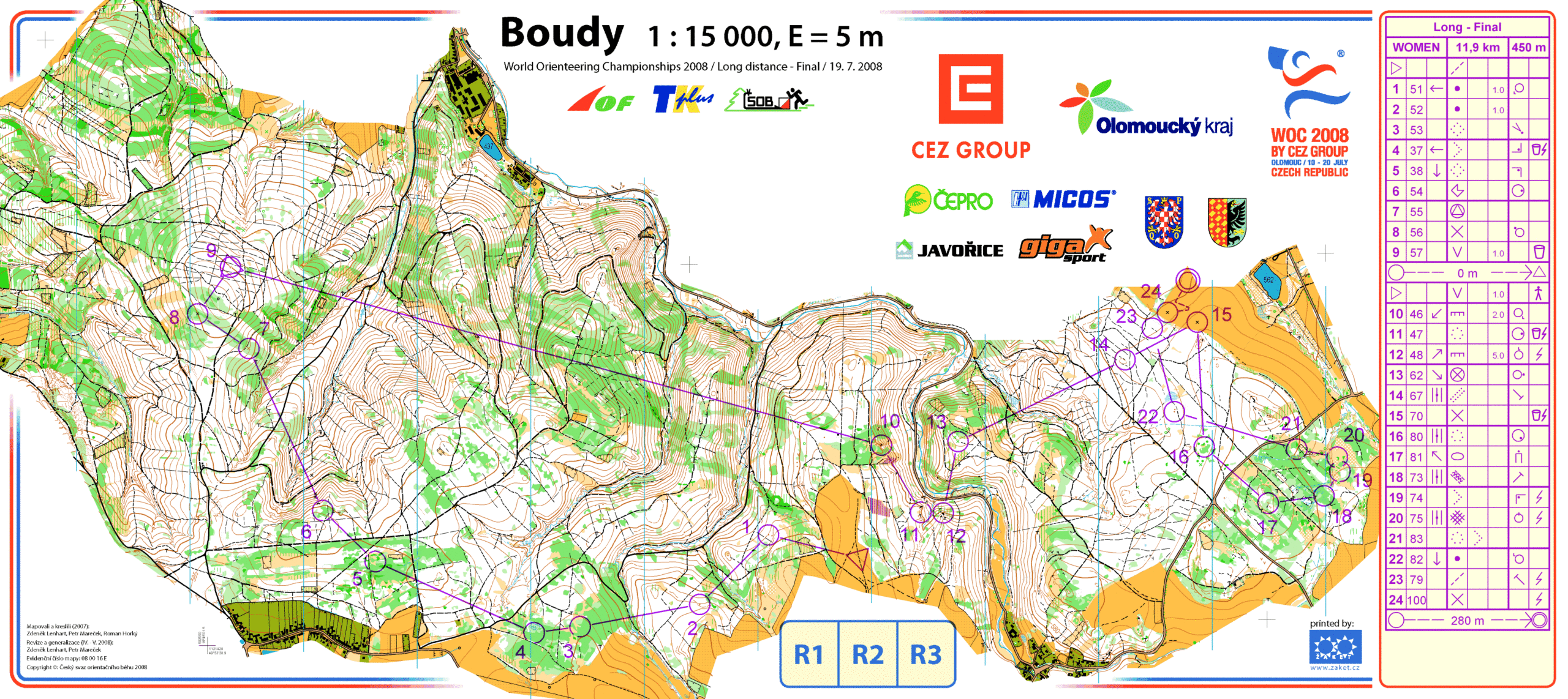
What is the most difficult thing on long?
“The difficulties in long spring from its long duration and you lack information on comparison with others, not knowing on how you get. Therefore, it is necessary to keep your speed from the beginning and concentrate from control to control. Whenever a mistake occurs, or a hesitation comes, you should not give up! It is important to be motivated before the race to maintain positivity and look forward to the race!”
WOC 2021 is starting in two days. We and all experts wish you the best of luck, a calm head and fresh muscles! Let’s have joy in orienteering!
See you soon!
